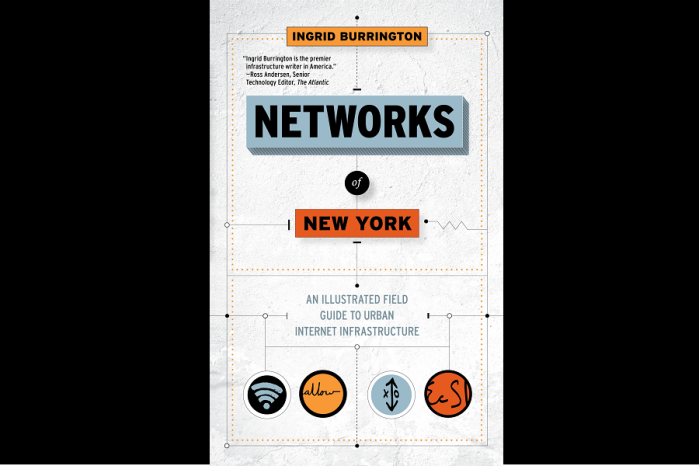Serving as the Iranian correspondent for the New York Times – among other publications – has put Nazila Fathi’s life in danger many times over the past decade, but she never questioned her choice to become a journalist. “You become so overwhelmed by the events that somehow you don’t feel the fear,” she tells us, adding that growing up in Iran during the Iranian Revolution made her accustomed to living in a fearful climate, and she didn’t realize just how stressful her environment was until she left the country. Fathi’s new memoir, “The Lonely War” (out Dec. 9) chronicles the aftermath of the revolution and how it affected her personally. The way Fathi weaves Iran’s narrative with her own makes for a compelling read. She tells us that one reason she wrote the book is to reverse stereotypes people had about Iran. This even presented itself when she was finalizing the book’s cover with her publisher. “The publisher said people wouldn’t know this was a book about Iran unless we put a woman wearing a chador on the cover,” Fathi says.”Whenever someone wants to use an image to represent Iran, it’s a picture of a woman in a chador. This is such a cliche, both for the regime and here in the West. Iranian women want to be free with how they dress. You hardly ever come across a woman who lives here, in a free country, and wears the chador.” In the end, Fathi took her publisher’s advice and she’s ultimately happy with the cover. “I hope that once people read the book that these are not true perceptions of the country and its people.” Another misconception Fathi says people in the West have is that the nuclear talk is the most important issue to the Iranian people. “They don’t care about it. This is the most important issue in America’s foreign policy and Israel’s foreign policy, but for Iranians, it’s a minor issue. Instead, she says they care about gaining more personal freedoms. As the middle class has grown – it now accounts for more than 70 percent of the country’s population – Fathi says the people see freedoms that exist elsewhere and they want those freedoms. When Iranian pop-singer Morteza Pashaei died of cancer Nov. 14 at 30-years-old, thousands of Iranians flooded the streets all across Iran to mourn for him. “Women, who are not permitted to sing in public were singing his songs,” Fathi says. “It’s a sign that the younger generation is vying for more personal freedom. They’re looking for an excuse to show their solidarity.” It’s a fight the Iranian people are still fighting and Fathi’s voice is one of 77 million – albeit a strong one. Her story is worth hearing; she did risk her life to tell it.
Book reading with Nazila Fathi:
New York Boston
Friday, Dec. 12, 6:30 p.m.
Cafe Nadery
16 W. 8th St., 212-260-5407
cafenaderyny.com
Tuesday, Jan. 13 (time TBD)
Harvard Book Store
1256 Massachusetts Ave., 617-661-1515
www.harvard.com


















